Place partners
Greater Manchester is one of 12 places chosen by Sport England to work with on a new approach to build healthier, more active communities across England.
Many aspects of modern life make it harder to live a healthy and active life: convenience food, sedentary jobs with long hours, the types of transport on offer and even the entertainment that is most easily accessible are all designed to keep us sitting down.
With such a complex problem we must address the policy, environmental, social and individual factors that encourage or prevent active lives. This may sound straightforward but in reality it relies on everyone making it their mission to get others moving: employers, school and hospital staff, town planners, GP practices and community centres can all influence how much people move every day.
When whole systems work together to get people moving, we can also solve other problems too, such as improving educational attainment and health outcomes, supporting the local economy, reducing our impact on the environment and creating healthier, happier, safer places; collectively making Greater Manchester a better place for everyone to live.
Further details please contact
- Nicole McKeating-Jones
Strategic Lead - Place Partnerships - [email protected]
- 07395795933
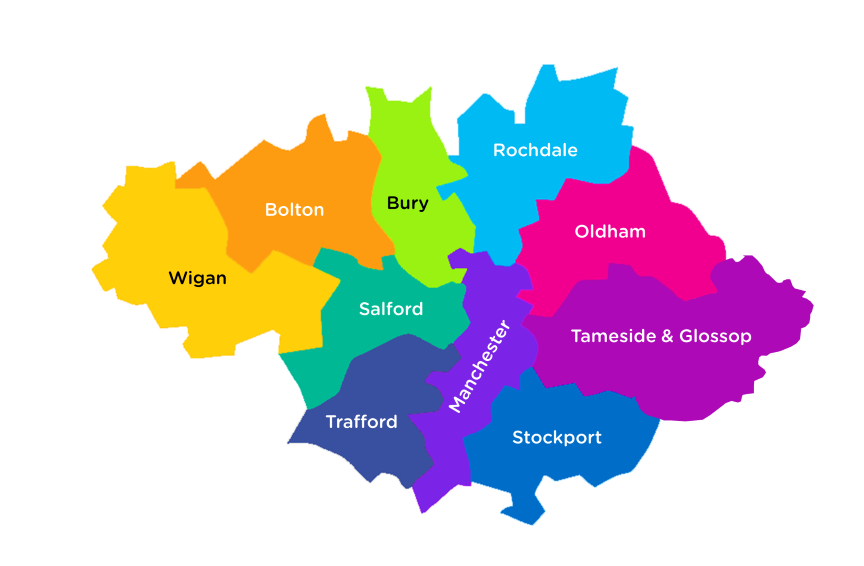
Previous investments into physical activity has had an almost exclusive focus on short-term interventions that target individuals or small groups. While some of these investments may have led to change, the impact at a population-level is small, and often unsustainable.
Place Partners in Greater Manchester
To do this, they selected 12 areas across the country to be Local Delivery Pilots to test out this approach and share valuable learning with colleagues across the country. Greater Manchester was selected as one of these pilots, and you can find more information on the other 11 pilots here.
In 2023, the Local Delivery Pilot was rebranded as "Place Partners". This change in name reflects the significant progress made in our work and the transition from a testing phase to the full integration of this new way of working.
Since 2019, all 10 of the Greater Manchester localities and the town of Glossop have been involved in Greater Manchester's place partners work, with each locality developing their own vision on what place-based work and a whole systems approach on tackling inactivity looks like in their area.
To support the 11 localities the central GM place partners team have worked hard to create a shared identity and purpose creating an environment that encourages sharing, a safe space for innovation and testing new ways or working.
GM Moving have also embraced the Place Partner principles which can now be interwoven in our everyday work and has influenced a number of strategies.
There are nine key principles for Place Partners that underpin this work:

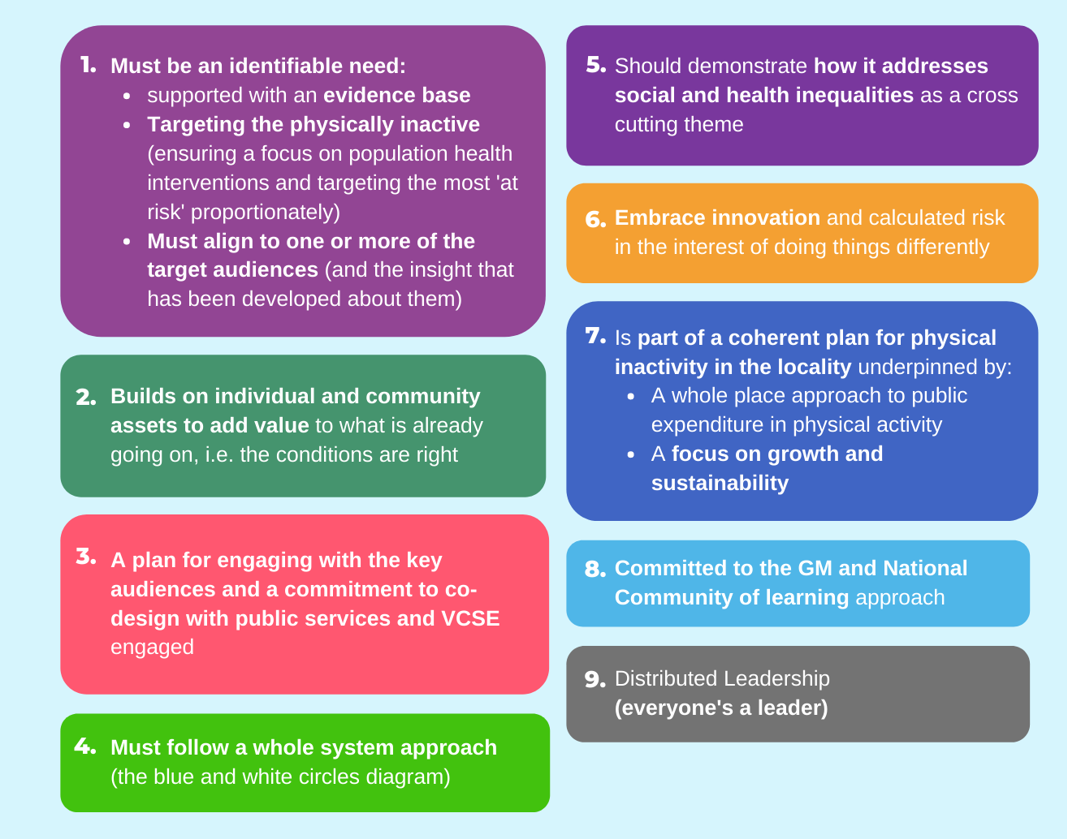
Place Partners in Greater Manchester key audiences:
Initially the work in GM focused on three key audiences:
- Children and young people - Children and young people aged 5-18 in out-of-school settings
- People out of work - People out of work, and people in work but at risk of becoming workless
- People with long term conditions - People aged 40-60 with, or at risk of, long term conditions: specifically, cancer, cardiovascular disease, and respiratory disorders
The Place Partners work has now evolved and looks to demonstrate the impact and learning from the from the maturity of the system conditions, alongside the following five outcomes:
- A reduction in inactivity amongst identified sub-groups of a population within a place.
- A reduction in inequalities in inactivity in a place.
- An increase in physical activity amongst identified groups of a population within a place.
- An increase in the self-reported positive experiences of children and young people in physical activity/ sport within a place.
- An increase in maturity of system conditions to support a whole systems approach to reducing inactivity.
Enabling functions
To support the Place Partners in Greater Manchester each borough is supported by four key enabling functions: evaluation, marketing, workforce development and engagement.
Follow the links below to learn more about the role and impact of the four enabling function below:
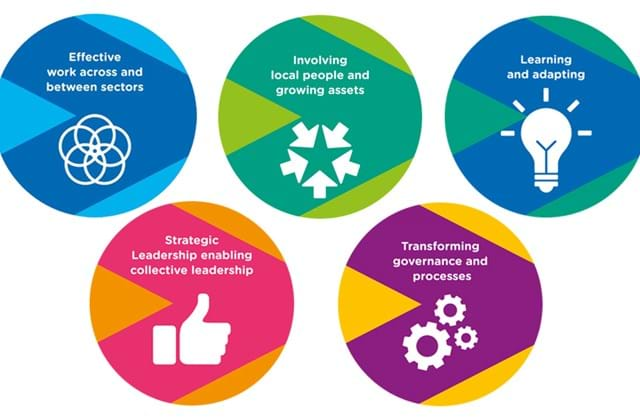
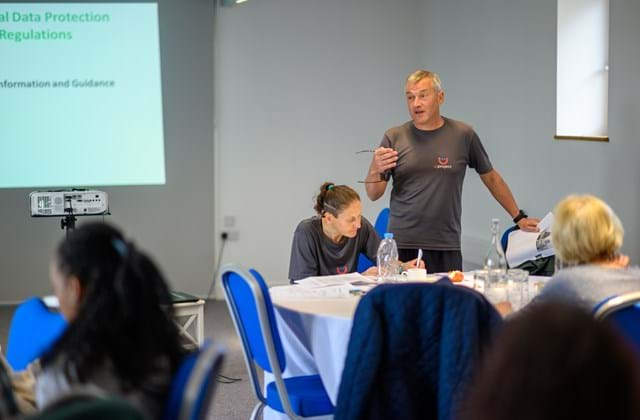
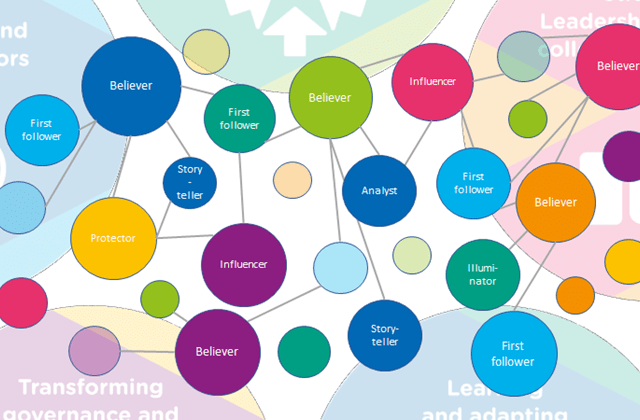
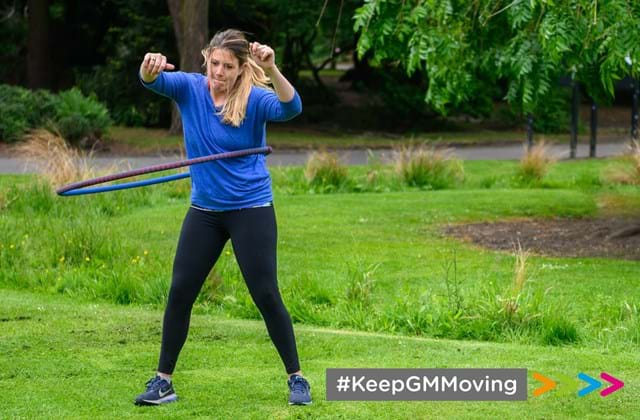
Latest News
All News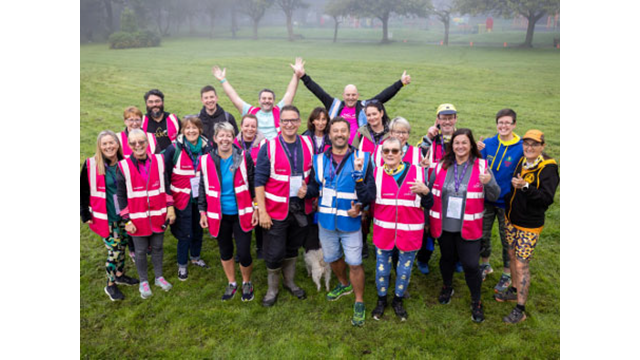
Bury's first parkrun launched
As part of this week's celebration week we take a look at Bury's first parkrun, which was launched in September.

Sport England announces unprecedented investment into local communities to drive equal access to sport and physical activity
Sport England Chief Executive believes opportunities to play sport still far too determined by where you live as they aim to address this with new funding.
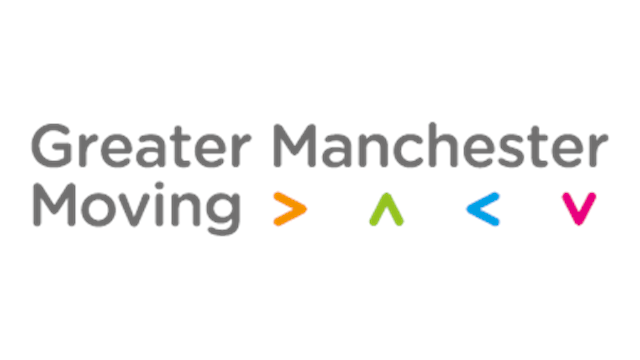
What have we learned through a place-based approach in Greater Manchester?
Our latest evaluation shows a growing maturity across the five enablers of change and a reduction in population level physical inactivity.
